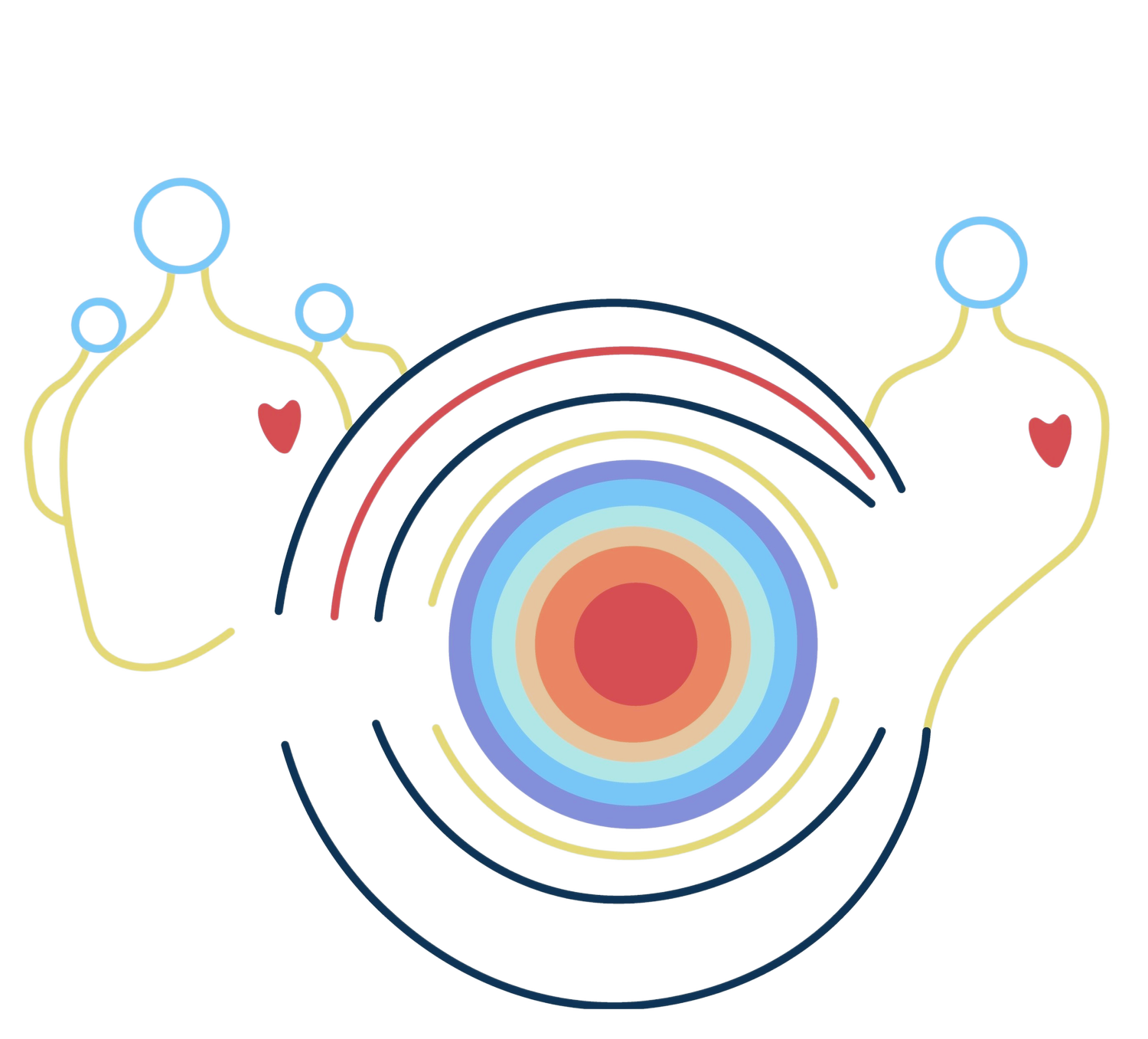a white child welfare worker ponders truth and reconciliation
Reconciliation begins with a truthful exploration of the harm caused by child welfare by all who were, or are still, involved. The definition of harm must be acknowledged to be the first property of those who experienced it, just as acknowledging the harm and learning from it is the first obligation of those who perpetrated it.[i]
Reconciliation begins with a truthful exploration of the harm I have caused. Hmmm…harm I have done. For much of my adult life I have known that the Indigenous people face many challenges. One of my first personal encounters with an Indigenous person was as a university student when I tutored a young person once a week with their high school homework. Perhaps my time with this young person was helpful on some level, but as I reflect back, mostly I saw myself as the one doing the giving from a place of superior knowledge. I had no awareness of doing any harm … such as expecting the young person to conform to the colonized education system that most likely didn’t recognize Indigenous history and culture. Wondering what racism was directed toward this young person at high school didn’t even enter my mind. My eyes, mind and heart were closed.
Fast forward several years and I became a child welfare worker and supervisor, where I learned about historical trauma due to the legacy of the residential schools and colonization. My head became aware of these things. My heart, body and spirit remained blind. I followed the mandates of the child welfare system, assessing safety and risk as I was taught, with little awareness that the assessment tools, child welfare legislation, and definition of “safety” were all based in the colonial worldview. What was it like for the Indigenous families I worked with to be viewed this way? What harm did I cause through my assumptions and blindness?
I would like to think that I am ready to reflect deeply with the intention of exploring and then acknowledging the harm that I have done. Certainly, my participation in truth-telling circles hosted by the Child Welfare Truth-Telling Collective is a start. I am only in my infancy.
Being ready to explore and acknowledge harm that I have perpetrated seems to have many dimensions. It requires reflection, self-awareness, and courage. It may be a sick feeling in the pit of our stomach, or it may show up in our dreams, even years later. It may be avoiding a person when we are in public. It may be what people tell us through their words and/or actions.
One time I was in a meeting with a woman whose children I had removed from her care. I had a sick feeling in the pit of my stomach. I hoped she would not recognize me. During a break, she sought me out because she wanted to thank me for helping her. To say I was shocked is an understatement. She did not see my actions as causing her harm, even though I thought I had harmed her and her family. She taught me that she determines whether I helped or harmed her through my child welfare involvement in her life.
Another time I was at a community event when another woman approached me and asked if I knew who she was. Again, I had a sick feeling, and I felt my heart start to race. What could I say to her that was both honest and compassionate? I said something like I wish I could have done things differently. She thanked me sincerely and said my words meant a lot to her. I could sense both of us releasing some tension through our interaction. Is this exchange an acknowledgement of the harm this mother was alluding to during our conversation? In hindsight, I wish I had talked more with her. I simply can’t imagine the courage it took for her to approach me.
I think about a young woman who came to a meeting to support a relative. I had been instrumental in removing her children from her. During this meeting I knew that I needed to acknowledge my role in her family’s life so that my presence would not be a barrier to them moving forward. My heart was racing, to say the least. I said something like I wanted to acknowledge my role in her family and that I wish we could have found a different way to work together. I apologized for any harm I may have caused. I suppose I alluded to the harm I had done without naming it specifically. And yet I have a nagging feeling that I only scratched the surface through my words and there is so much more that remains to be named.
What does it really take to fully explore and acknowledge the harm I have perpetrated as a child welfare worker?
Part of me wants to rush forward straight to reconciliation, to fix things somehow. Is this desire to “do” part of the colonial legacy that I carry? And then I remind myself to slow down, to continue exploring and acknowledging the harm I have done, and to trust that the path before me will become clear when the time is right.
[i] Blackstock, C., Cross, T., George, J., Brown, I, & Formsma, J. (2006). Reconciliation in child welfare: Touchstones of hope for Indigenous children, youth, and families. Ottawa, ON, Canada: First Nations Child & Family Caring Society of Canada / Portland, OR: National Indian Child Welfare Association, p. 7.
